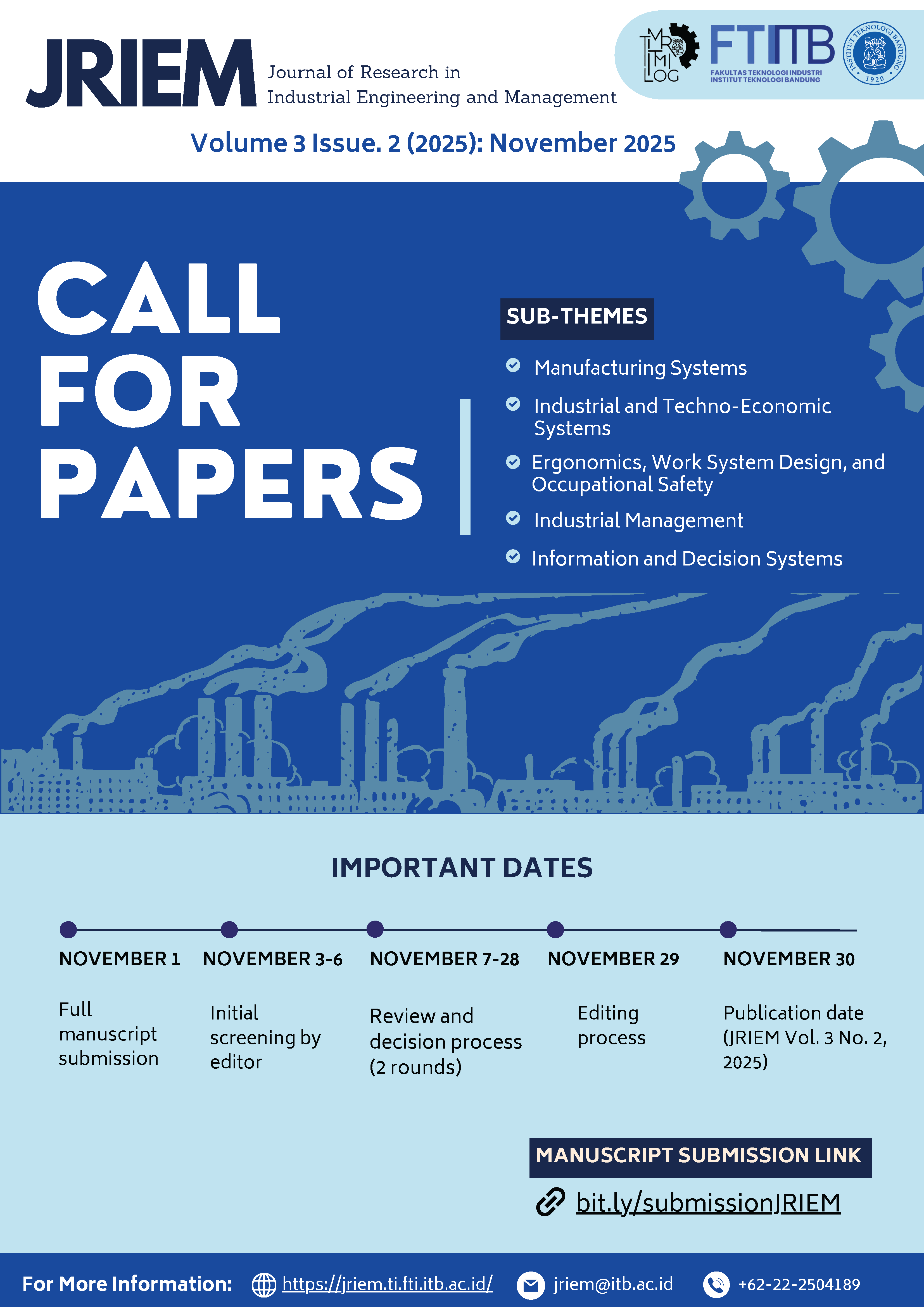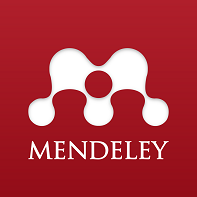Publication Ethics
Journal of Research in Industrial Engineering and Management (JRIEM) upholds the highest standards of publication ethics and adheres to the principles of the Committee on Publication Ethics (COPE). All parties involved in the publication process—editors, reviewers, and authors—are required to comply with these ethical standards to maintain the integrity and credibility of scholarly works.
Duties of Editors
• Editorial Decisions
Editors are responsible for determining which manuscripts are suitable for publication based on scientific merit and reviewers’ recommendations. Decisions must be made solely on academic quality without regard to the authors’ personal background.
• Fairness and Objectivity
Editors must ensure that every manuscript is evaluated objectively, without discrimination based on race, gender, religion, nationality, or political views.
• Confidentiality
Editors are required to maintain the confidentiality of all submitted manuscripts and must not use any part of their content for personal advantage prior to publication.
• Handling Ethical Violations
If ethical misconduct is suspected, editors must follow COPE’s procedures and guidelines, which may include issuing a retraction or correction as appropriate.
Duties of Reviewers
• Role in the Editorial Process
Reviewers play a crucial role in assisting the Editor-in-Chief and the editorial board in making publication decisions and in providing constructive feedback to authors to improve the quality of their manuscripts.
• Timeliness
If a reviewer feels unqualified to evaluate a specific manuscript topic or cannot complete the review within the allotted time, they must promptly inform the Editor-in-Chief and withdraw from the review process.
• Confidentiality
All manuscripts received for review must be treated as confidential documents. The information contained within must not be shared, discussed, or used for personal benefit without written permission from the Editor-in-Chief.
• Objectivity in Assessment
Reviews must be conducted objectively and professionally. Criticism should be supported by clear and relevant arguments to help authors enhance their work.
• Acknowledgment of Sources
Reviewers must identify relevant published works that have not been cited by the authors. If substantial similarity or overlap between the reviewed manuscript and other published works is detected, it must be reported to the Editor-in-Chief immediately.
• Conflict of Interest
Information or ideas obtained through peer review must remain confidential and must not be used for personal gain. Reviewers should decline to review manuscripts if they have any conflicts of interest arising from relationships—professional, financial, or personal—with the authors or their institutions.
Duties of Authors
• Reporting Standards
Authors must present their research findings honestly, clearly, and accurately. The reported data should truthfully reflect the actual results of the study.
• Data Access and Retention
Authors should be prepared to provide raw data for editorial review and, where appropriate, make such data publicly accessible in accordance with the principles of scientific data transparency.
• Originality and Plagiarism
Authors must ensure that their submitted work is original. If they use the ideas, data, or words of others, proper citation and acknowledgment must be provided.
• Multiple or Redundant Publication
Authors must not submit the same manuscript or substantially similar content to more than one journal simultaneously. Multiple submissions or duplicate publications constitute serious breaches of publication ethics.
• Acknowledgment of Sources
Authors are required to give appropriate credit to the work of others that has influenced their own study. All sources that significantly contributed to the theoretical framework, methodology, or research results must be properly cited.
• Conflict of Interest
Authors must disclose any potential conflicts of interest, whether financial or non-financial, that could influence the results or interpretation of their research.
• Errors in Published Works
If authors discover a significant error or inaccuracy in their published work, they must promptly notify the editor to enable correction or retraction of the article.




